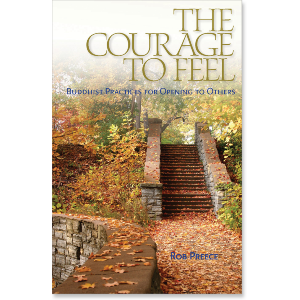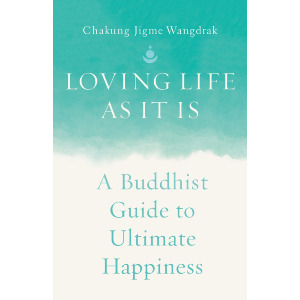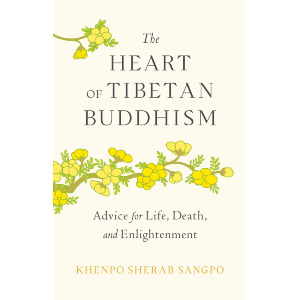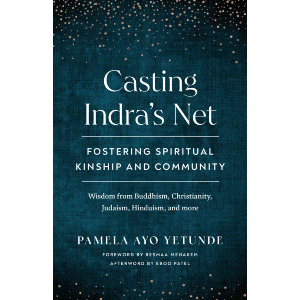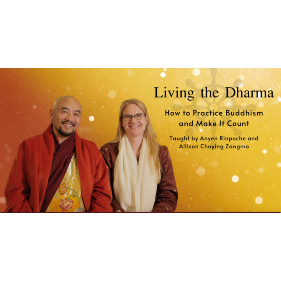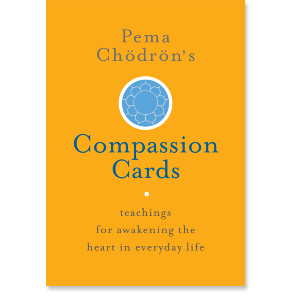 Before taking in other people’s pain, it’s sometimes wise to take in your own suffering.
Before taking in other people’s pain, it’s sometimes wise to take in your own suffering.
In the practice of tonglen—the sending of good thoughts and taking in of others’ suffering—it is often suggested that we should first become familiar with taking on and accepting our own suffering. This can be done simply by considering our own emotional or physical problems and then willingly accepting them as they are as we breathe in, rather than struggling against them and fighting ourselves. To make this more effective, it can be very helpful to visualize yourself in front of you and then spend time connecting to particular difficulties you might have.
When working with clients who have suffered significant trauma or difficulties in childhood that are still emotionally disturbing, I have often suggested that people visualize themselves as that child in front of them. The person then spends time feeling into the nature of the childhood difficulties and eventually begins a process of tonglen. Meditating in this way has helped them to begin to love themselves with their wounding and pain rather than reject the child within because it is unacceptable.
Another variety of practice is to reflect on problems or illnesses we experience currently and then recall all those whose suffering is probably equal or much worse. This may be very powerful if we are the kind of person who becomes depressed or downhearted when there are problems in our life. It helps us to realize that we are not the only one who is suffering in this way. It can aid us in letting go of the disposition to be caught in a self-preoccupied state. For example, if I have the flu or some similar ailment, I find it very useful to take on the suffering of all those who may be suffering in a similar way. On those occasions when I find myself laid out with illness, it is the one thing I can do that opens up my mind and my heart.
Whatever the hardship is in our life, if we include it in our meditation, we can think of those around who are suffering just as much, if not worse. Our relationship to hardship and pain changes as we let go. It can feel less distressing and overwhelming. Our mind begins to open up and feel more spacious, and our heart can begin to feel a greater concern and compassion for those who suffer similarly.
Adapted from The Courage to Feel: Buddhist Practices for Opening to Others by Rob Preece


